
Washington Gum Grafting Surgery
Expert Soft Tissue Grafting Treatments
Whether you are experiencing gum recession due to gum disease, genetics, or a chewing tobacco habit, it can cause larger oral problems down the line, including tooth loss. Our team at Four Rivers Periodontics and Implant Specialists performs expert gum graft surgery to patients throughout Washington and surrounding areas. Also known as soft tissue or gingival grafting, this treatment is used to cover root surfaces and prevent further gum recession, leading to a healthier and more aesthetic smile. Gum grafting can also help protect your dental implants and keep them healthy over time, providing a longer lasting lifespan for your dental implants.
We begin your treatment with a detailed evaluation of your teeth and gums to ensure that gum grafting surgery is the right choice for you. As specialists in our field, we are capable of performing this solution to both one tooth, or several, to beautiful results. If this treatment is a good fit for your needs, we will then walk you through your options as to where the soft tissue can be obtained and explain the surgery from start to finish, including the recovery process, so you feel completely comfortable before your surgery begins.
To learn more about Washington gum grafting surgery, call our team today at (636) 242-6450.
What Are the Benefits of Gum Graft Surgery?
While any type of oral surgery can be nerve-wracking, Four Rivers Periodontics and Implant Specialists goes above and beyond to ensure your comfort at every turn. With hundreds of smiles helped through our gum grafting solutions, we have seen firsthand the benefits of this procedure.
Major benefits of soft tissue surgery include:
- Stop further gum recession and bone loss, protecting from decay
- Minimize tooth sensitivity to hot and cold foods and drinks
- Restores the look of a healthy and even gum line, creating a more symmetrical smile
- Reduces tooth discomfort
- Protects your implants long term
Dr. Scully is a highly experienced periodontic specialist, who is immersed in the latest and most effective gum treatments on the market to deliver unmatched results to patients seeking gum graft surgery in Washington and beyond. With state-of-the-art equipment, friendly and professional staff, and personalized and high-quality treatments, Four Rivers Periodontics and Implant Specialists has become a trusted name in gum solutions
When Is Gum Graft Surgery Necessary?
Gum graft surgery, also known as gingival grafting or periodontal surgery, may be necessary in certain situations to treat gum recession and improve oral health. Here are some common scenarios where gum graft surgery may be recommended:
Gum Recession: Gum recession occurs when the gum tissue pulls back or wears away, exposing the root surfaces of the teeth. This can lead to tooth sensitivity, an increased risk of tooth decay, and esthetic concerns. Gum graft surgery is often performed to cover the exposed roots and restore a healthy gumline.
Periodontal Disease: Advanced periodontal disease, also called periodontitis, can cause significant gum tissue loss and bone destruction around the teeth. In some cases, gum graft surgery may be necessary to repair and regenerate the damaged gum tissue, promote healing, and prevent further progression of the disease.
Trauma or Injury: Accidental trauma or injury to the gums can result in gum recession or damage to the gum tissue. Gum graft surgery may be performed to repair the affected area and restore the gumline's normal appearance and function.
Esthetic Purposes: Some individuals may have a naturally high or uneven gumline, which can affect the appearance of their smile. Gum graft surgery can be performed to reshape the gumline, create a more symmetrical appearance, and enhance the overall esthetics of the teeth.
During gum graft surgery, a periodontist or oral surgeon takes a graft of gum tissue from another area of the mouth (such as the palate) or uses donor tissue, and then sutures it onto the affected gum area. The graft serves as a foundation for new gum tissue to grow and cover the exposed areas, improving both function and esthetics.
It's important to note that gum graft surgery is typically recommended when conservative treatments, such as improved oral hygiene practices or nonsurgical approaches, have not been successful in addressing the gum recession or underlying issue. It is best to consult with Dr. Scully, who can evaluate your specific situation and determine if gum graft surgery is necessary in your case.
What to Expect After Gum Grafting Surgery
After gum grafting surgery, patients can expect some discomfort, swelling, and minor bleeding in the treated area. Pain medication may be prescribed to manage discomfort, and a soft diet may be recommended initially to avoid irritating the surgical site. It's normal for the gums to appear swollen and feel tender for several days following the procedure. Patients should follow post-operative instructions provided by our dentist carefully, including maintaining good oral hygiene and attending follow-up appointments to ensure proper healing. Full recovery typically takes a few weeks.
Frequently Asked Questions
Is Gum Grafting Painful?
While gum grafting surgery may cause some discomfort, modern anesthesia techniques help minimize pain during the procedure. After the surgery, you may experience some soreness and swelling, which can be managed with pain medication.
How long does a gum graft last?
A successful gum graft can last for many years, often a lifetime. However, it's important to maintain good oral hygiene and regular dental check-ups to ensure the long-term success of the procedure.
Can I eat after gum grafting surgery?
It's recommended to eat soft foods for the first few days after surgery. Avoid hard, crunchy, or chewy foods that could irritate the healing tissue.
Will gum grafting affect my speech?
In most cases, gum grafting does not affect speech. However, there may be some temporary changes in speech patterns immediately after surgery, which should resolve as the tissue heals.
How often should I see my dentist after gum grafting?
Regular dental check-ups are important to monitor the health of your gums and teeth after gum grafting. Your dentist will recommend a specific schedule based on your individual needs.
Schedule your appointment for Washington gum grafting surgery today by calling (636) 242-6450 or filling out our quick and easy online form.
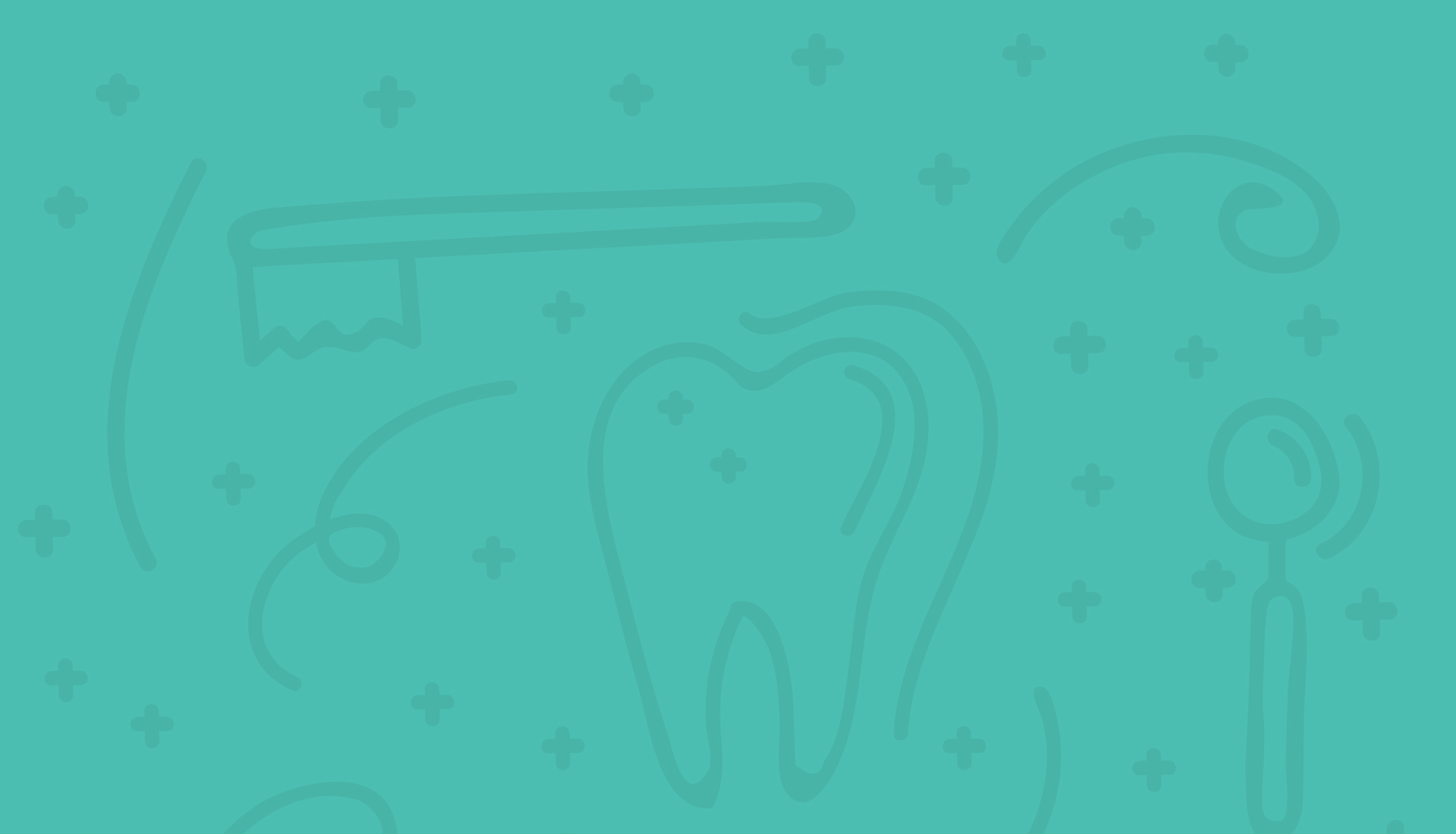
Need An Oral Specialist?
Meet Our Team
Four Rivers Perio's Blog
Stay Up to Date
Want all the latest news or updates? Browse through our blog to read our most recent posts and featured articles.




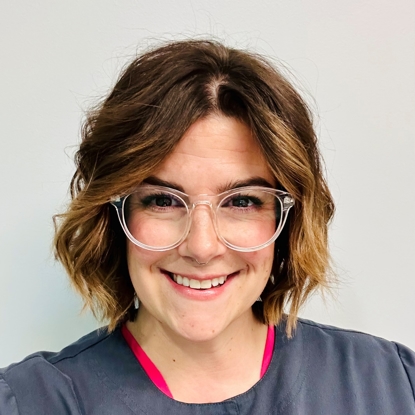
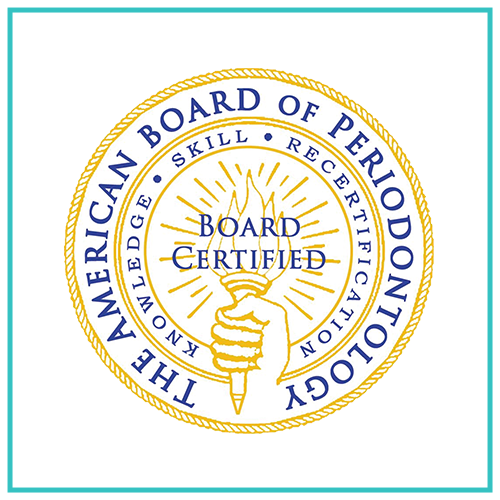
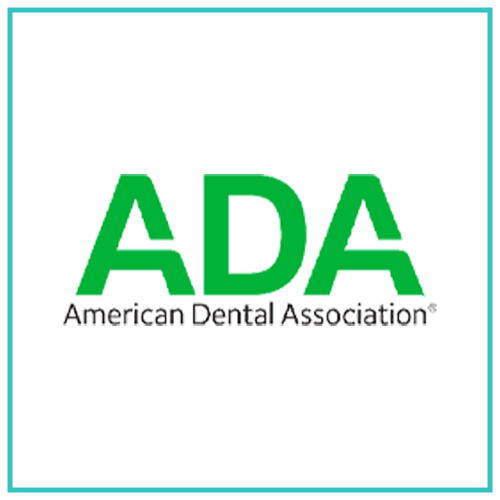
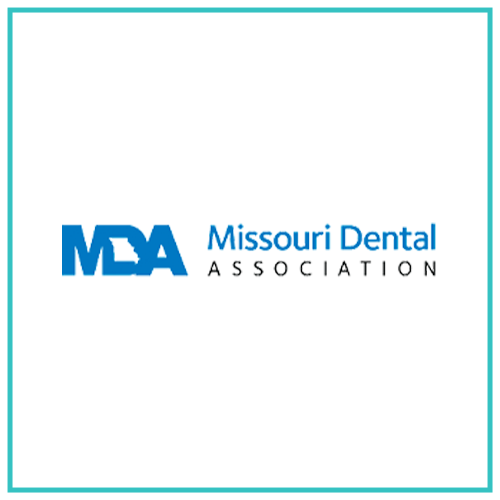

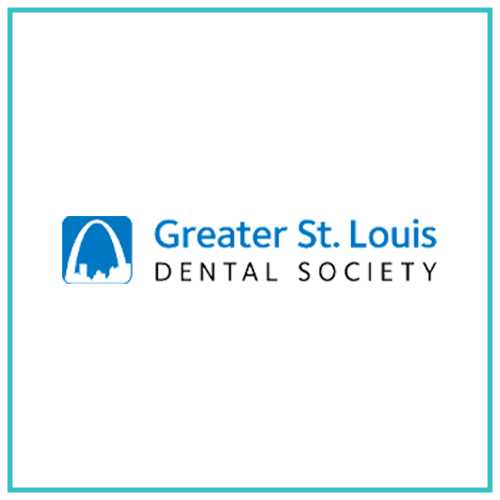

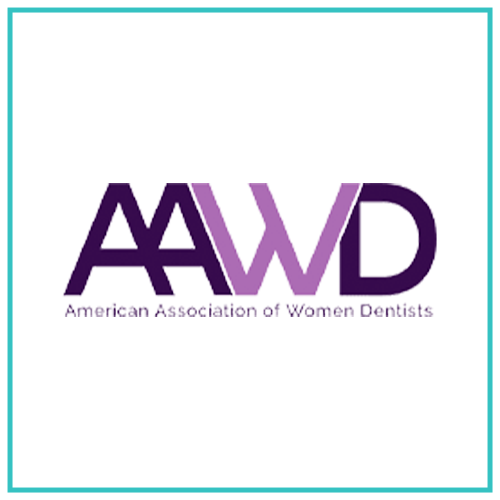

.2502211452328.jpg)

